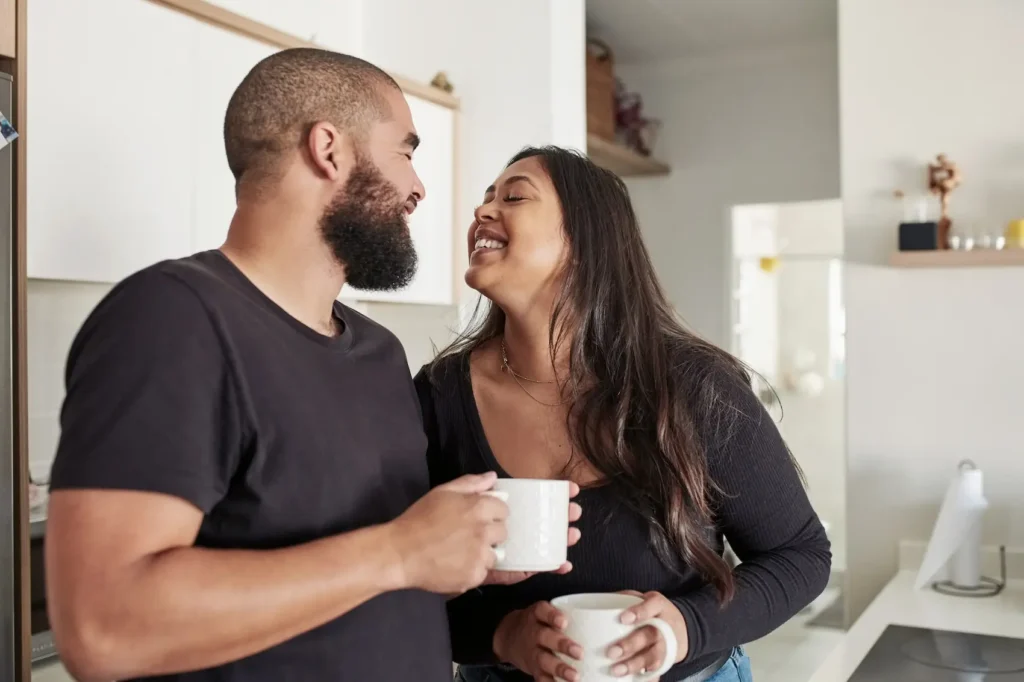In case you missed it, October is Domestic Violence Awareness Month. I’m not really sure how you could have missed it, however. Presumably you have access to the internet which has lately been saturated with messages like this, this, and this. If you’re a sports fan (like me) you’ve been attuned to stories of Ray Rice, Slava Voynov, and Hope Solo. If you’re a therapist, you’ve seen it in your office more often than you’d care to admit, and not just in October. Even if you’re not paying attention, you must know that domestic violence awareness isn’t important simply because the media says so.
It’s a tough topic. Not for the faint of heart. And I fear that I won’t be able to bring the proper gravitas to the stories of the one in three American women who are abused each year. In the time it takes me to write this sentence, another woman will be assaulted or beaten in the US. Just typing those words makes me feel powerless, but not nearly as powerless as the 1.3 million women who will be assaulted by a partner in 2014.
The observant reader will note that I haven’t even scratched the surface with regard to violence perpetrated against women and children worldwide. You might also be inclined to remind me that 85% of adult domestic violence victims are women. I could, and maybe I should should, dedicate 15% of my word count to the plight of abused men. But it’s not really the point, is it? The point is that these statistics — these stories — are tragic. And perhaps we’re not as powerless as we think.
As a therapist, I find the question of how to assess violence a tricky one. Research suggests that 50% of couples seeking therapy have experienced violence in their relationship, whether they are telling you or not. In some cases, when there’s violence in the relationship, therapy can do more harm than good. In any case, it is important to distinguish between violence and battery:
Battery is a form of abuse where the primary aggressor employs violence ranging from pushing to relationship rape, to homicide, to enhance the aggressor’s control over their partner, leading the partner to modify their behaviors in daily life. It is meant to instill fear and intimidation. (Ann Ganley)
When battery is present, couples therapy is inappropriate. Identify and provide appropriate referrals for your client(s). Battery is evidence of what Dr. Gottman calls Characterological Violence, where one partner clearly demonstrates controlling and dominating behavior. In this case, refer to a treatment center, hotline, shelter, specialist, or the police. If you suspect battery is present but one or both partners are denying it, refer. If you’re not sure, refer. It’s irresponsible, unethical, and likely even illegal for you to begin couples therapy when Characterological Violence is present.
But what about when violence is more subtle, what Dr. Gottman calls Situational Violence? Situational violence occurs most often with couples who lack conflict resolution skills. Generally both partners feel remorse, understand the impact, and internalize the blame. In this case, treatment for the couple prioritizes conflict management, with an emphasis on flooding and repair. The couple must also learn to recognize and reign in the Four Horsemen so that conflict does not escalate. Eventually the therapist should help the couple replace toxic conflict patterns with a deeper sense of friendship and shared meaning. I have intentionally not gone into detail here because my goal is not to train therapists as much as to raise awareness. Also, therapists aren’t necessarily my audience just now. If you are a therapist and do want to talk about this, send me an email at here.
Many of you reading this are wondering what to do about your own relationship. Wondering if there’s hope or help. There is. No doubt your community has resources available to you. You can also contact the National Domestic Violence Hotline. You may be wondering if you’re experiencing Characterological or Situational Violence. If you’re not sure, I suspect it’s more severe. It may not make a difference and it may not matter. Domestic violence is never the victim’s fault. Seek help.
If you’re certain that you and your partner are simply bad at conflict, then get better at it. Remember that you are adults. You have a responsibility to behave like adults. When conflict escalates in your relationship:
- Self-Soothe When Flooded: This is the first step to conflict regulation. Check your pulse. Is it racing, like 95 beats per minute or higher? If so, take a break. Try 10-15 deep breaths. Go for a walk. You simply cannot engage your partner in a meaningful way when you are flooded. Give yourself time to calm down.
- Identify your Common Enemy: Situational Violence occurs when partners identify one another as the enemy. This is a bad strategy. You need to define your common enemy. In this case, it could be the violence itself. When negativity rises up, remember, you have a response-ability to deny it access to your relationship. By identifying a common enemy, you can become more attuned and attached to one another. Fight with, not against, each other.
- Practice Repair: Repair, any statement or action — silly or otherwise — that prevents negativity from escalating out of control, is an advanced skill for couples. But skills can be learned. You’ve heard the phrase, “practice makes perfect.” I actually disagree. Practice makes permanent. If you practice poor conflict management, it’ll become permanent. Practicing repair shifts the balance away from the conflict and toward the couple. Get creative.
Whether you are a therapist or a client, a victim or an abuser, a running back or a goalkeeper — no matter who you are, you can do something about domestic violence. It’s a solvable problem. It begins with awareness — thanks October — but it requires attention and action. Pay attention. Act. Ask for help. Respond. Help.
You are not powerless.










